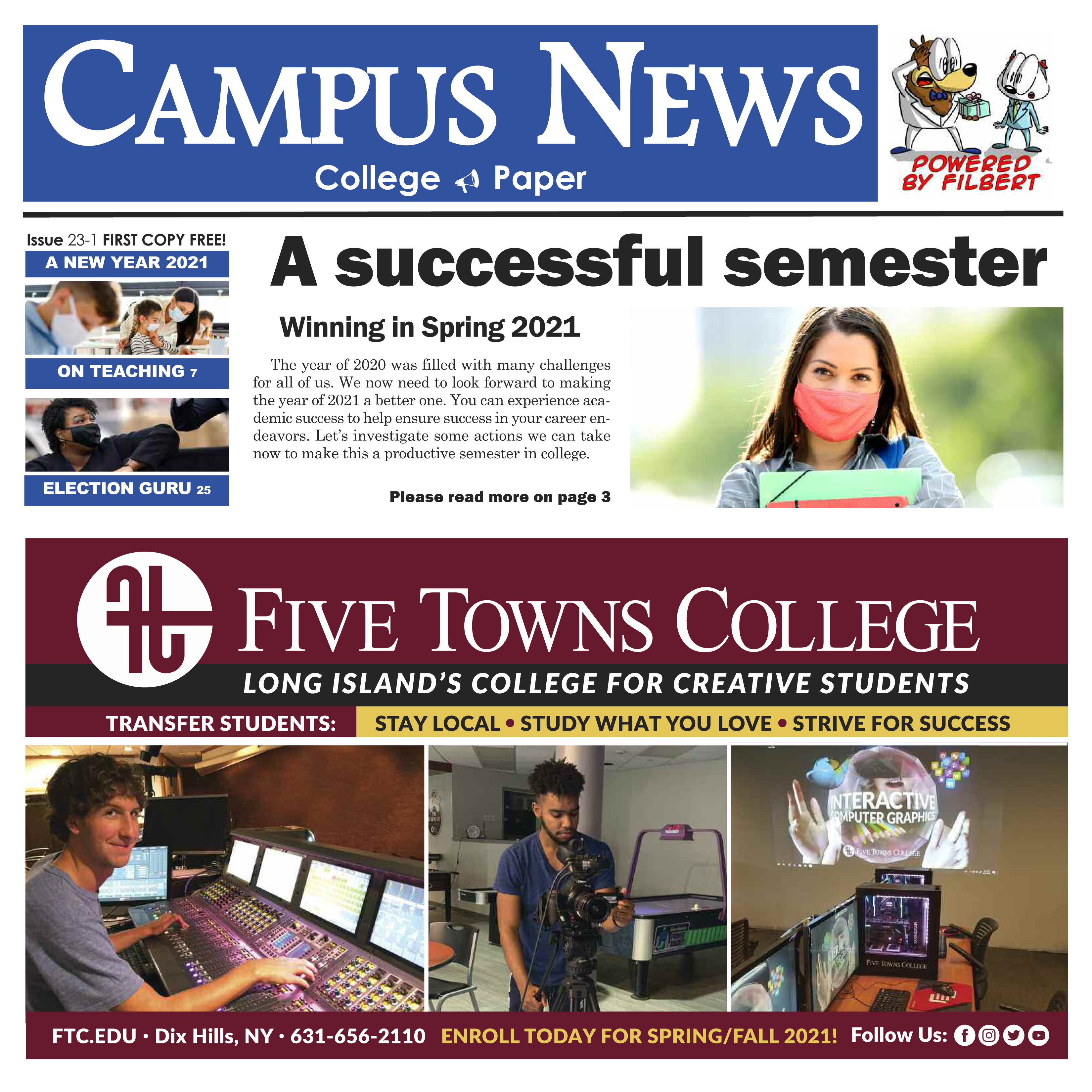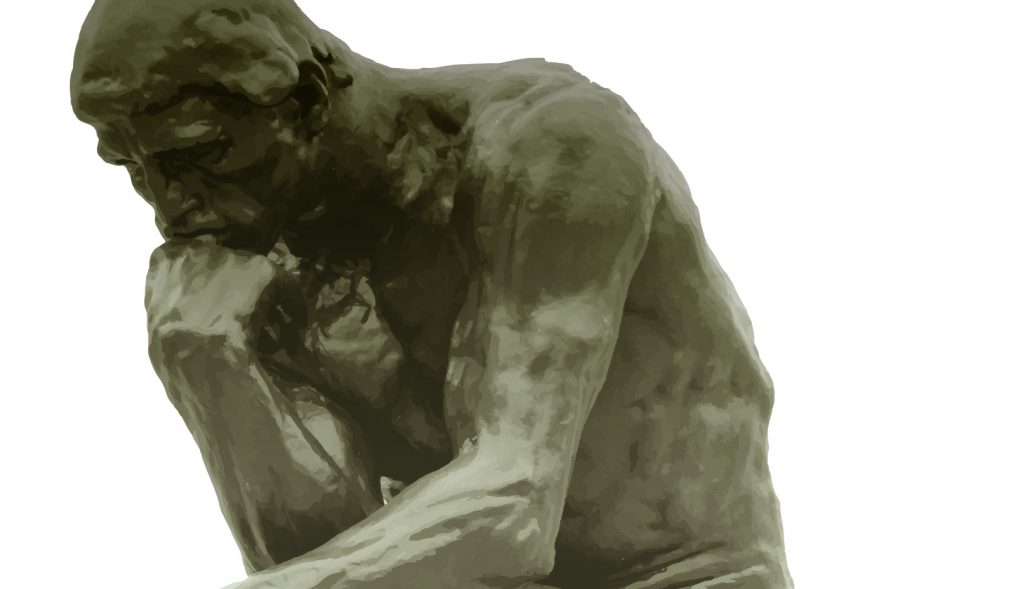By Darren Johnson
Campus News
The recent dismantling of the conservative social media app Parler is just the beginning of the end of the web as we know it.
Also known as Web 2.0, the Internet changed with the rise of social media sites in the early 2000s. Maybe we will have to go back to the Web 1.0. Something has to change.
That’s because all social media has similar inflammatory content; it’s just that Facebook, Twitter, Google and Amazon have better market share than Parler, and thus call the shots. They are more entrenched, and harder to take down.
But surely social media sites have contributed to violent insurrections in many countries, and now the US.

And the federal government, and the court of public opinion, are starting to turn even on the social media behemoths.
Many Campus News readers may not remember what the Internet was like before social media. But Web 1.0 was actually better in many ways, and I don’t mind going back.
Here’s how it was different:
- Most chat was done via individually run message boards. I had one devoted to local politics in the early 2000s that would get 10,000 hits a day. If someone were upset with a posting there, a real, local person could address it.
- Most people who wanted news went directly to the newspaper’s web site. No algorithms, no conspiracy-riddled rabbit holes, no crazy partisans filling up the comments fields before you actually read the article, tainting it. Newspaper web sites were structured more like a printed paper, but updated hourly. The stories at the top of the page were curated – chosen by people with journalism degrees, not an algorithm and confirmation bias. It was a more authentic experience.
- E-mail carried more weight than instant messaging.
- People went directly to an organization’s web site for information. No profiteering middlemen. Now, every web site owner has to tithe Google and Facebook to get any traffic – and traffic for many sites is far less than what it was compared to the earlier part of this century.
Web 2.0 turned the Information Super Highway into a toll road, and Google, Facebook, Twitter and Amazon became the toll booth operators – but who asked them to take on that role?
And why does Apple, Samsung, Verizon, et al, allow all of this profiteering? If I pay $1200 for a smart phone, I should be able to bypass all of that. Just like how if I pay for a premium TV service like HBO, I don’t get commercials.
Maybe we need a Web 3.0?
Sure. It probably will be regulated – and better monitored for hate speech and paramilitary wannabes. It will just be another form of mass media – no longer the Wild West – and that’s fine.
Free speech existed before social media.
And social media actually weaponized the outer limit extremes of free speech, jeopardizing the First Amendment more than protecting it. All for profit. To follow us, to serve us ads, to monetize us and our families.
It’s the end of the Web 2.0 as we know it. (And, as the old REM song says, I feel fine.)
We’ll be able to breathe again. No longer addicted to our phones. We’ll look up, smell the fresh air, make better eye contact – with real people. Smile, behind our masks.
Maybe we’ll even indulge in a printed book or a free newspaper, sitting on a comfortable park bench, on a sunny, breezy day. The birds chirping. Remember them?
Our “friends” will be real, physical friends. Or at least we’ll see them on Zoom. Privately, without being tracked. Without ads popping up in between our conversations for highly specific items we’d merely mentioned once, in passing.
Why did our phones tell the social media behemoths our secret wants and desires?
The world 3.0 will be a kinder, less crass, more authentic “user experience.” That’s for sure.
How can it be any worse than what we’ve experienced the past few years?





Facebook Comments